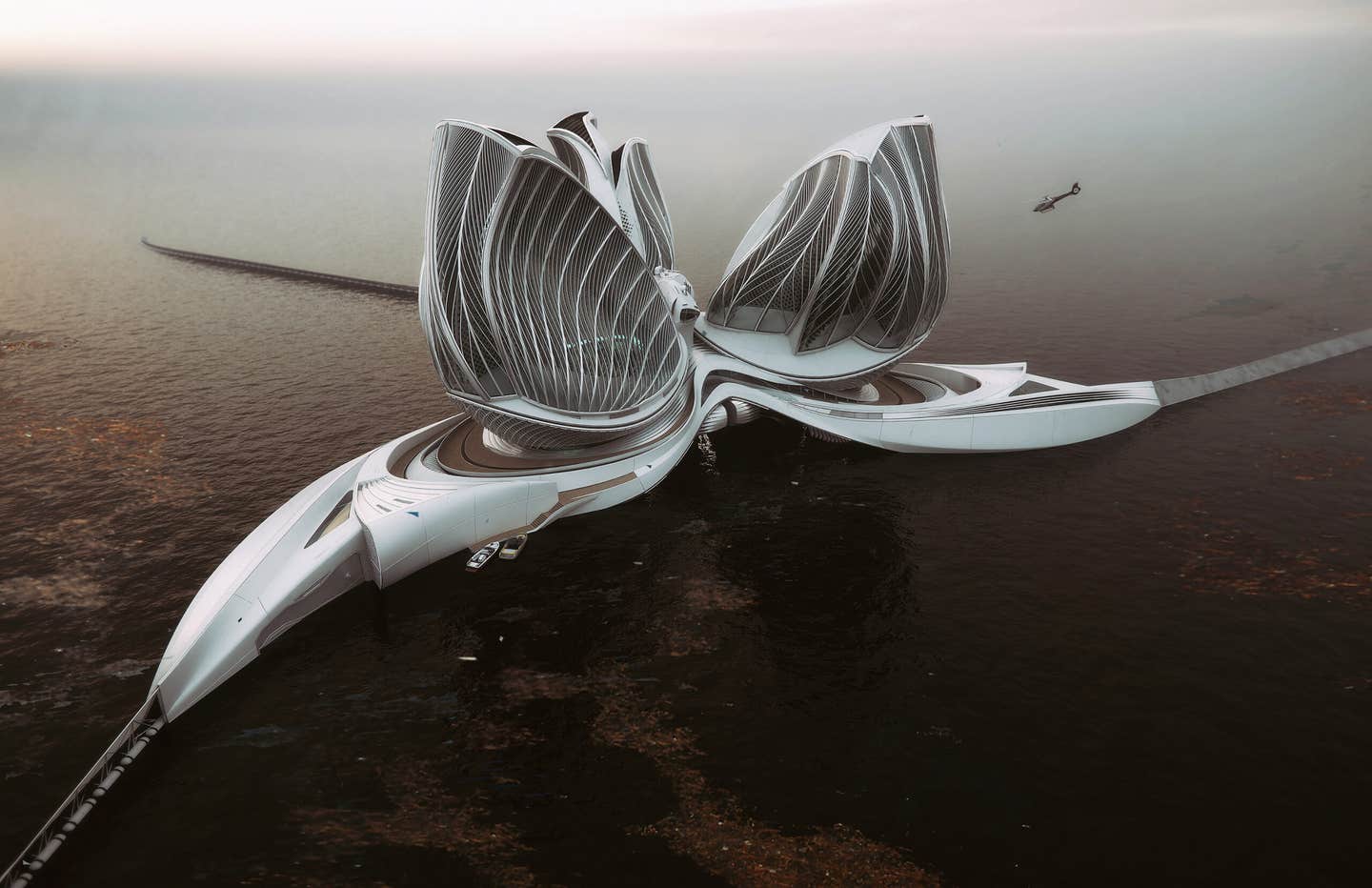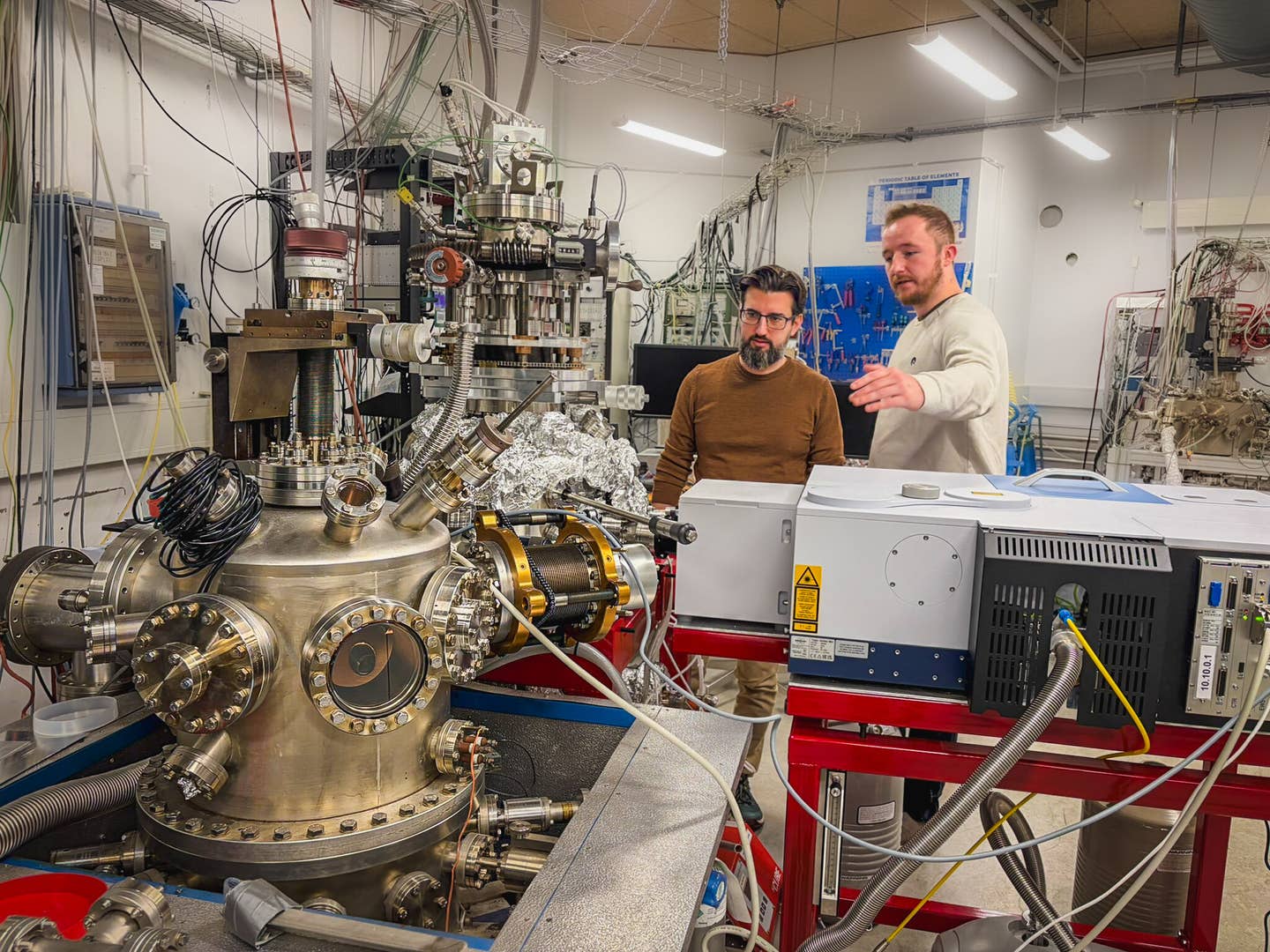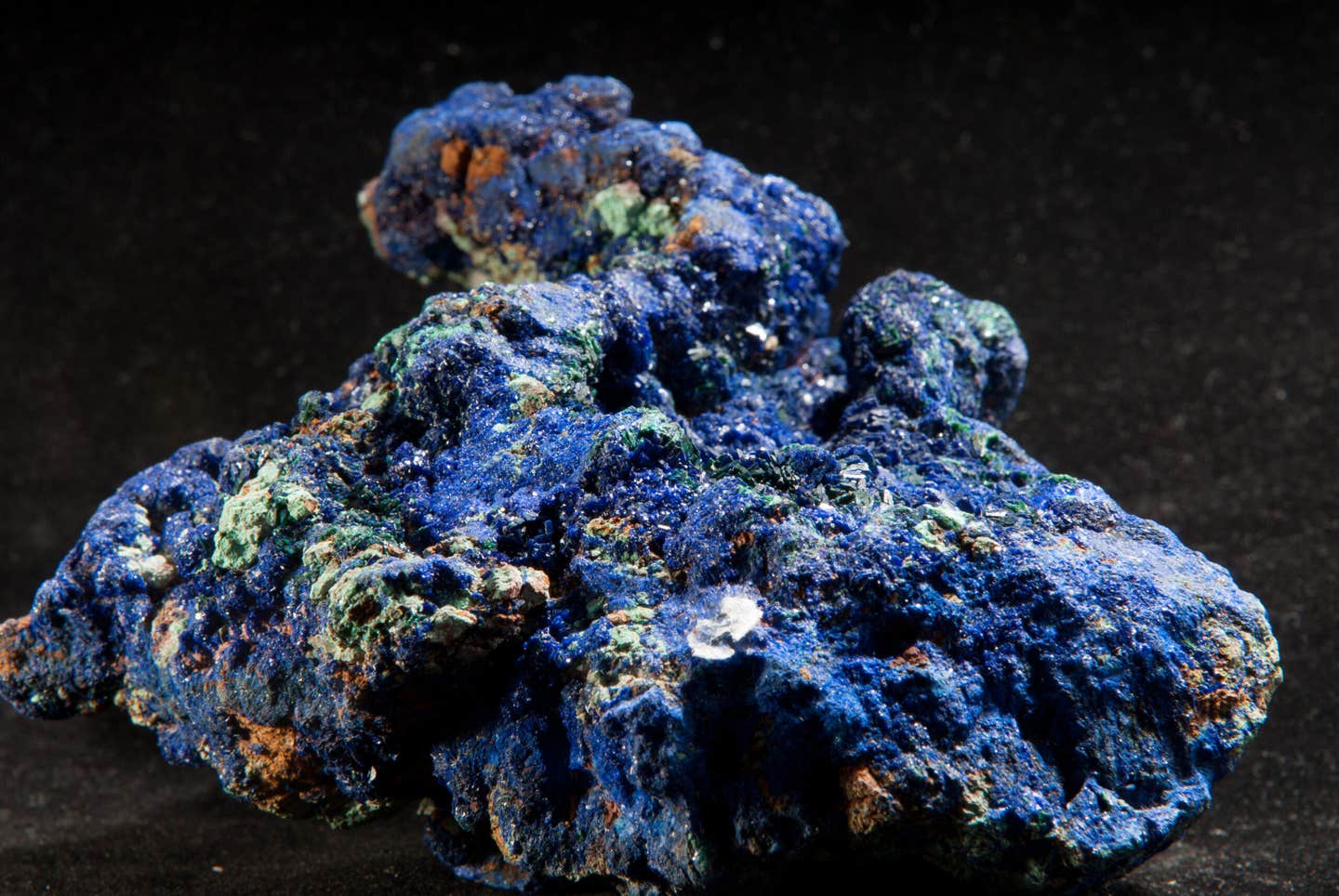Majestic ‘8th continent’ collects and recycles plastic from the ocean
Architect Lenka Petráková’s “The 8th Continent” proposes a self-sustaining structure to recycle ocean plastic and restore marine health.

The spine of the facility will house the living and working quarters, where collected waste is sorted and recycled. (CREDIT: Lenka Petráková)
Award-winning architect Lenka Petráková is pioneering a new way to tackle ocean pollution with an ambitious project named "The 8th Continent." Her innovative design aims to recycle ocean plastic while functioning as a completely self-sustaining floating structure. If realized, it could mark a significant advancement in global conservation efforts.
A Grand Blueprint for a Cleaner Ocean
"The 8th Continent" is an intricate, five-part structure designed to float on the ocean, equipped with greenhouses, living quarters, and biodegradable waste collectors. It represents more than just a plastic-collection unit; it’s a potential catalyst for restoring damaged marine ecosystems.
Designed to thrive amidst the ocean's plastic tides, Petráková’s concept could provide a regenerative solution for our polluted waters.
The project was initially developed during her master’s thesis while she studied in Vienna, Austria. As Petráková delved into the devastating impact of ocean pollution, her career goals shifted significantly.
Reflecting on her research, she shared, "I realized how destroyed the oceans are and how many species are extinct, how much pollution is there, and that the parts that may have never seen a human being, feel the effects of our activities." This realization pushed her to create a plan that could potentially reverse some of the damage humanity has inflicted on marine life.
From Concept to Award-Winning Design
Petráková's journey to bring "The 8th Continent" to life was far from simple. According to the International Union for Conservation of Nature (IUCN), at least 8 million tonnes of plastic enter the ocean each year. This waste doesn’t just affect marine ecosystems; it also returns to us, infiltrating our food and bodies. The resulting cycle is catastrophic, contributing to the deaths of 100,000 marine mammals, sea turtles, and 1 million sea birds annually.
With the scale of this issue in mind, Petráková revisited her initial design in 2020. Her refined concept was awarded the prestigious 2020 Grand Prix for architecture and innovation of the sea by the Foundation Jacques Rougerie. This award recognized her project as a potential game-changer for marine ecosystems.
Related Stories
Inspired by Marine Life
Petráková’s design is modeled after the marine organisms it’s intended to protect. As she explains, "I was looking into marine species, animals as well as plants. And I was studying how they really interact with water environments, how they can harvest energy and how they work with nutrients, for example."
The floating station resembles a living organism, emulating the symbiotic relationships found in marine ecosystems.
"The 8th Continent" isn't just self-sustaining—it’s designed to actively improve the ocean’s health. It would anchor to the seabed but could move along with ocean currents, allowing it to collect plastic from different areas. Equipped with energy-harvesting facilities and water desalination centers, the station could produce its own power and provide clean water, making it both self-sufficient and beneficial to the surrounding marine environment.
Vision for the Future
Looking forward, Petráková has even suggested potential patrons who could fund her ambitious project. She sees tech entrepreneur Elon Musk as an ideal backer due to his passion for technological advancement and exploration. In a recent interview, she stated, "I believe Elon Musk would be a great patron of the project given his energy and excitement to push technology forward and to research new territories."
Although still in the conceptual phase, "The 8th Continent" holds tremendous potential. If built, it could drastically change the way humanity addresses ocean pollution, demonstrating the power of human creativity to tackle one of our era’s most pressing environmental issues.
Note: Materials provided above by The Brighter Side of News. Content may be edited for style and length.
Like these kind of feel good stories? Get The Brighter Side of News' newsletter.



